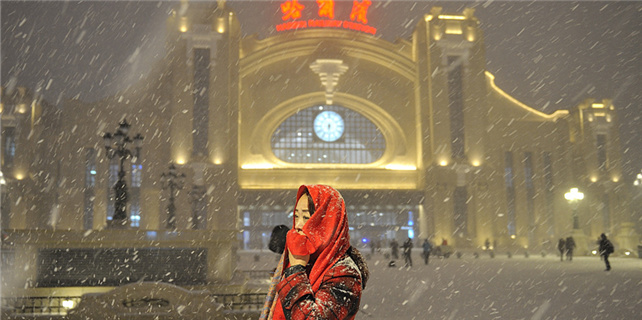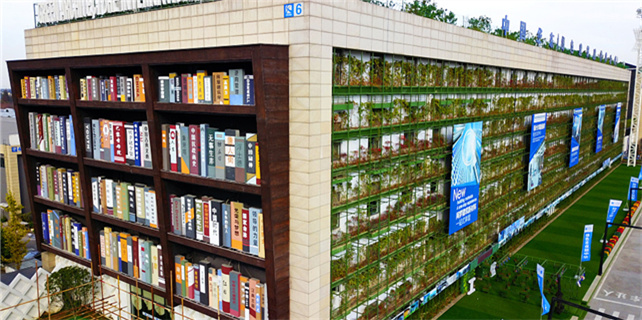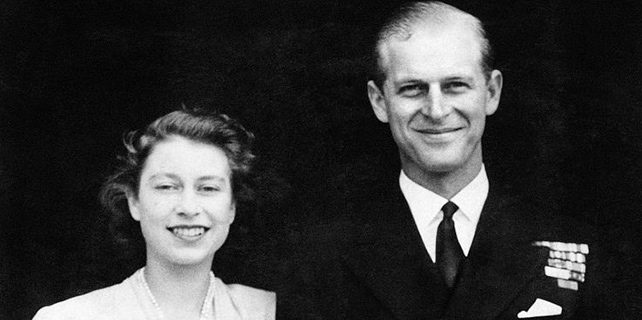Snowflake generation struggling with university norms
The opinions expressed here are those of the writer and do not represent the views of China Daily and China Daily website.
Universities. For hundreds of years, they have been places to debate new and exciting ideas, even when those ideas have been highly controversial or offensive to those outside the cloistered walls of academia.
From ideas that questioned the existence of god, to modern debates about third-wave feminism and the ethics of cloning –– free and open academic debate has been essential to human progress.
But in the West, the traditional freedoms of university are in danger.
Universities in many Western countries, particularly Britain and the United States, are increasingly struggling to maintain traditional academic freedoms in the face of protests and complaints from today’s easily-offended "snowflake" generation –– named after the uniqueness of a snowflake, the modern snowflake supposedly believes he or she is uniquely special, and is offended by ideas contrary to their own.
To people on the outside of academia, probably the most visible sign that all is not well has been the increasing trend to prevent outside speakers with allegedly offensive views from taking part in debates at universities. As some of the speaking bans have involved high-profile individuals, the bans have attracted the attention of authorities, with the UK government threatening to fine universities that fail to uphold freedom of speech.
In the US, there have been instances of speakers being disinvited or mass protests erupting in an attempt to shut down a speaker when they do manage to attend. Famous speakers, such as the conservative commentator Ann Coulter, and the sociologist Charles Murray have both been the subject of high-profile incidents involving university appearances.
While right-wing speakers have been the most frequent targets of bans and demonstrations, there have been more surprising targets of student anger. A petition calling for the feminist writer Germaine Greer to be banned from speaking at one university garnered 3,000 signatures –– in protest at her views regarding transgender women.
Student campaigns to stop speakers from promoting offensive views have also gone directly into classrooms. There is a new trend for "trigger warnings" to be given before certain ideas are discussed and debated in class to avoid "traumatizing" students. For example, a topic that includes a discussion on violence or race might include a warning before the lesson.
Some universities now have special "safe spaces" on campus where students can go and be certain they will not face any sort of discrimination or criticism.
And students have been keen to prevent the causing of offence, even for social events.
In 2015, students at Yale University reacted angrily to an email written by Erika Christakis, an associate master at the institution. In it, Christakis questioned a university committee’s decision to issue guidance to students on costumes they might decide to wear during Halloween after students were warned about wearing offensive or culturally insensitive costumes, such as dressing up as Native Americans.
The email set off a firestorm. Students demanded her resignation and accused her of being insensitive to ethnic minorities. Similar incidents have been seen at other universities.
In the classroom there is evidence students are self-censoring to prevent causing offence. In the US, the Foundation for Individual Rights, and the polling company, YouGov, released a survey of 1,000 college students earlier this year, revealing that 56 percent of those asked reported self-censoring in the classroom at some point during their course.
While there has been some pushback by universities –– Oxford University has rejected calls to take down its statue of Cecil Rhodes –– momentum seems firmly with the students. It’s not hard to imagine why –– most university leaders do not want their universities in the news for protests and disruption.
But if university is not the place to properly explore challenging, complex and yes, sometimes offensive ideas, then where is?
The reality is, students are shortchanging themselves.
In a rapidly changing, interconnected world, today’s graduates are going to be exposed to more cultures and ideas than their parents ever were. They will come face to face with ideas that challenge their deeply-held beliefs, and dismissing anyone who doesn’t agree with them as a racist or a fascist simply isn’t going to cut it.
While privileged students in the West worry about such pressing issues as gender-neutral toilets, their counterparts in China and other parts of Asia are increasingly at the forefront of cutting-edge research and debate.
Being at university is a unique time of life for most people. The pressures of school are gone, and students have time on their hands to properly explore different subjects and debate with each other. It is not just acceptable that students are subjected to views and opinions which may make them uncomfortable –– it is essential.
Nobody has a right never to be offended.
Free and open academic debate is the hallmark of any civilized society. If universities are prevented from challenging their students’ minds, then it is reasonable to ask –– what are they for?
Too many universities in the West are losing sight of this, some are fighting back –– it is time that more joined them.
James Skinner is a contributing editor at China Daily with an MA in International Relations. He has a particular interest in British and American politics, as well as global security issues.
















